-
-
Key features
-
© 2025 Copyright Planning Pod. All Rights Reserved.
Often there are multiple steps adding lead details from a webform, note or email to your sales tools, increasing the chances of dropped leads.
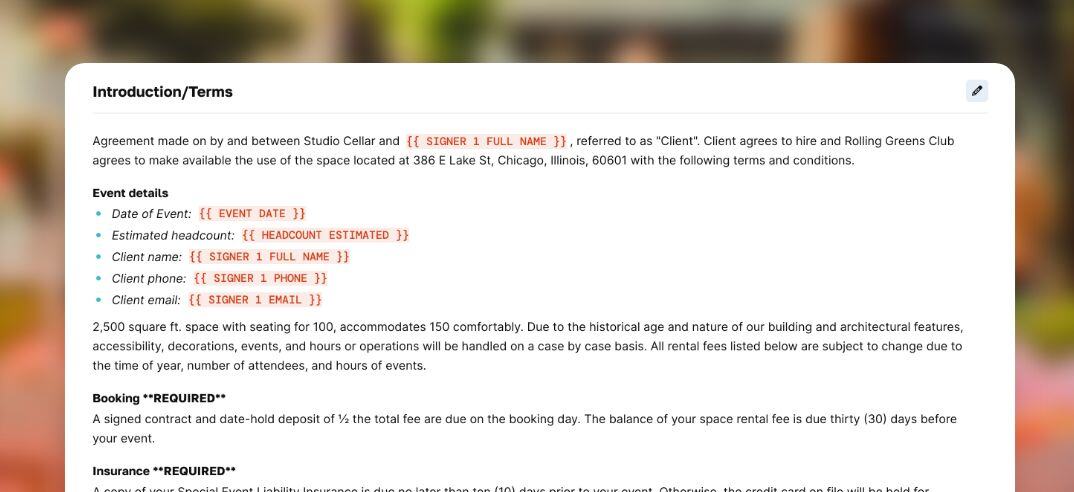
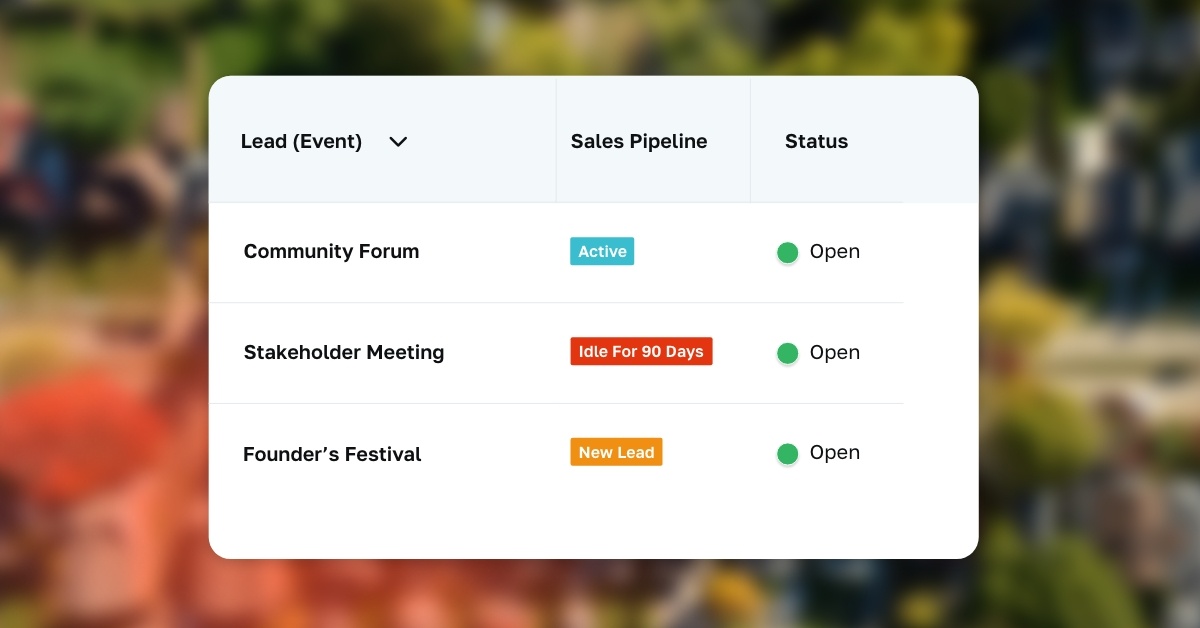
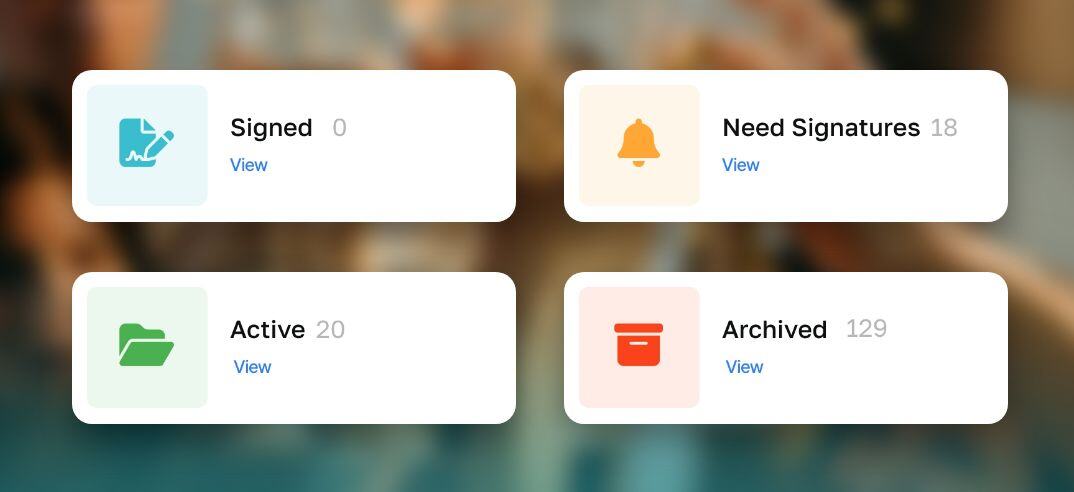
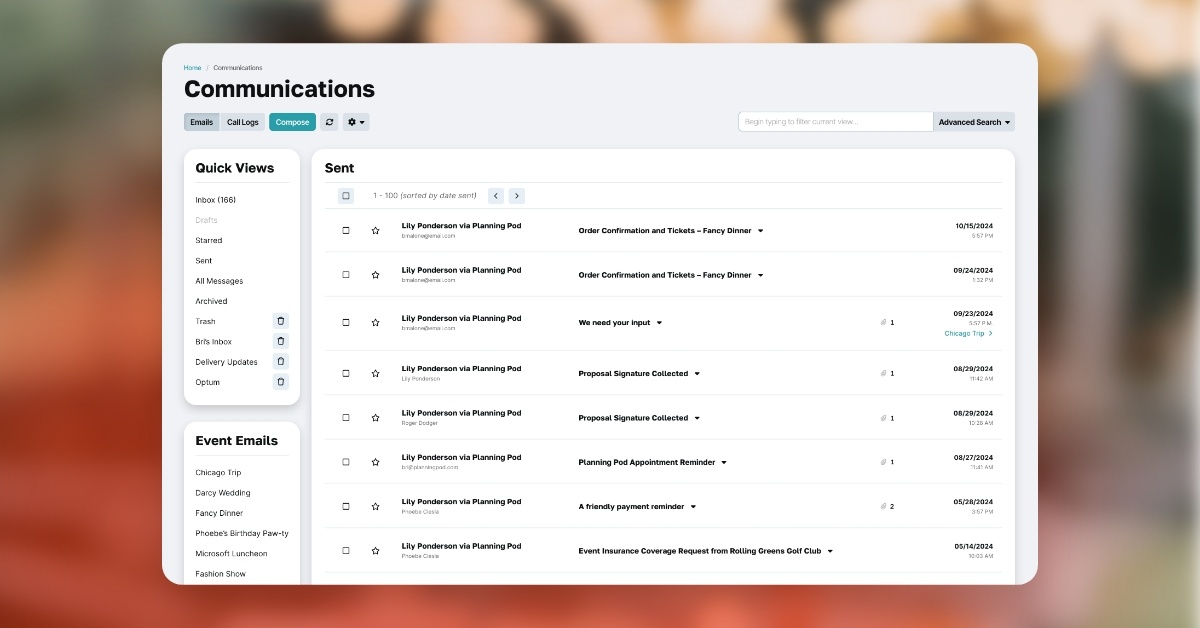
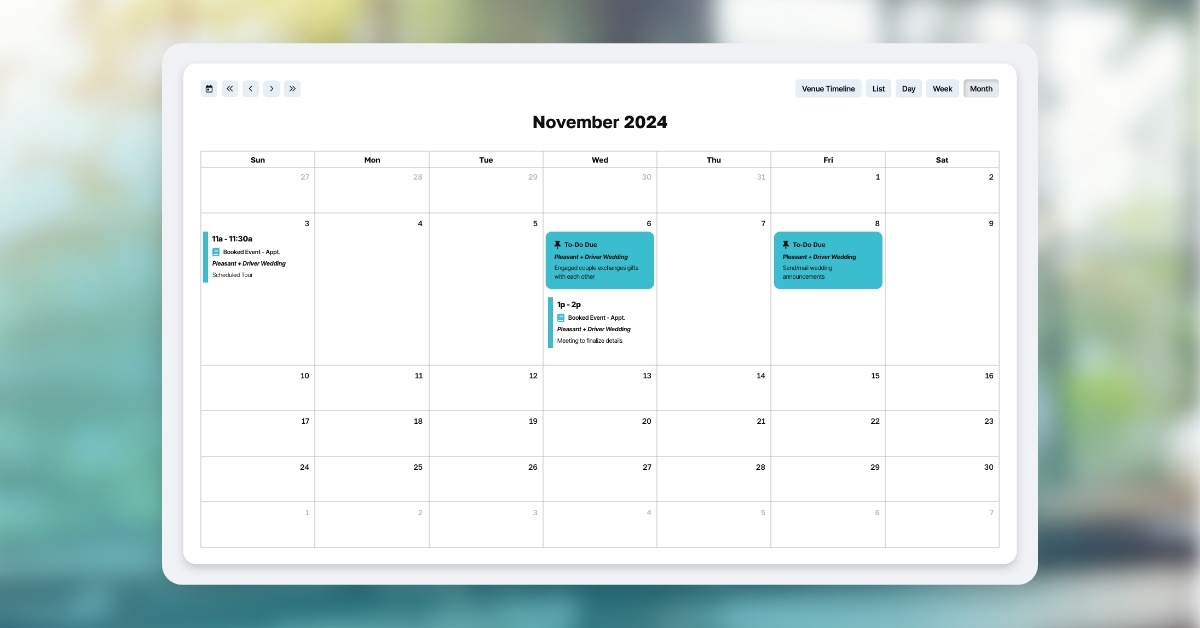
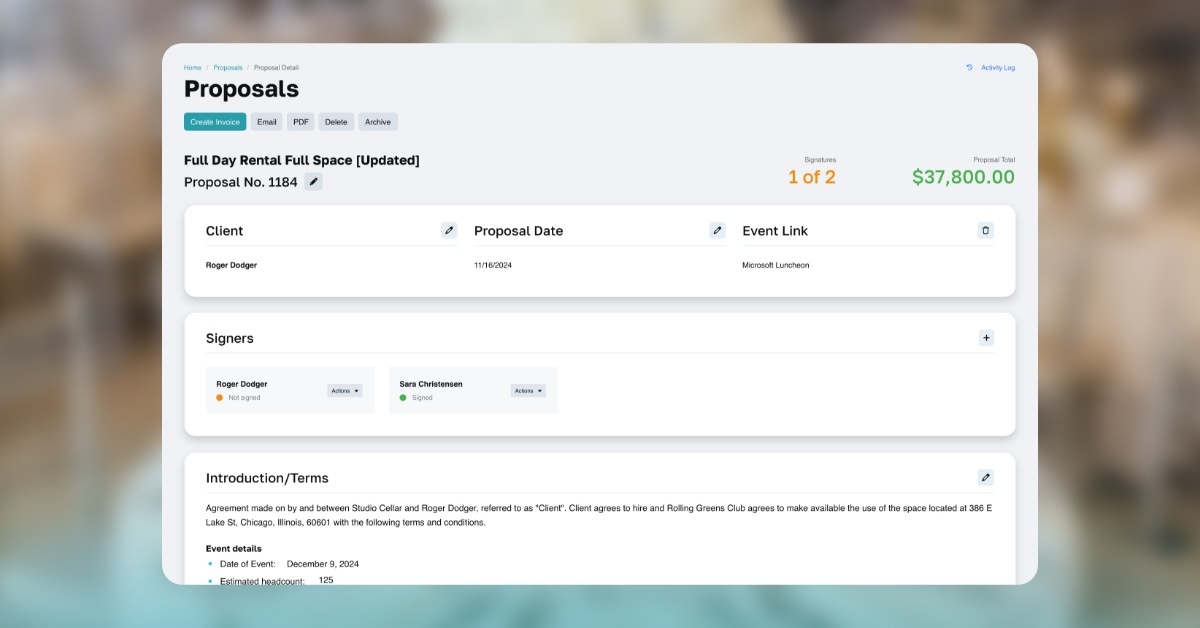
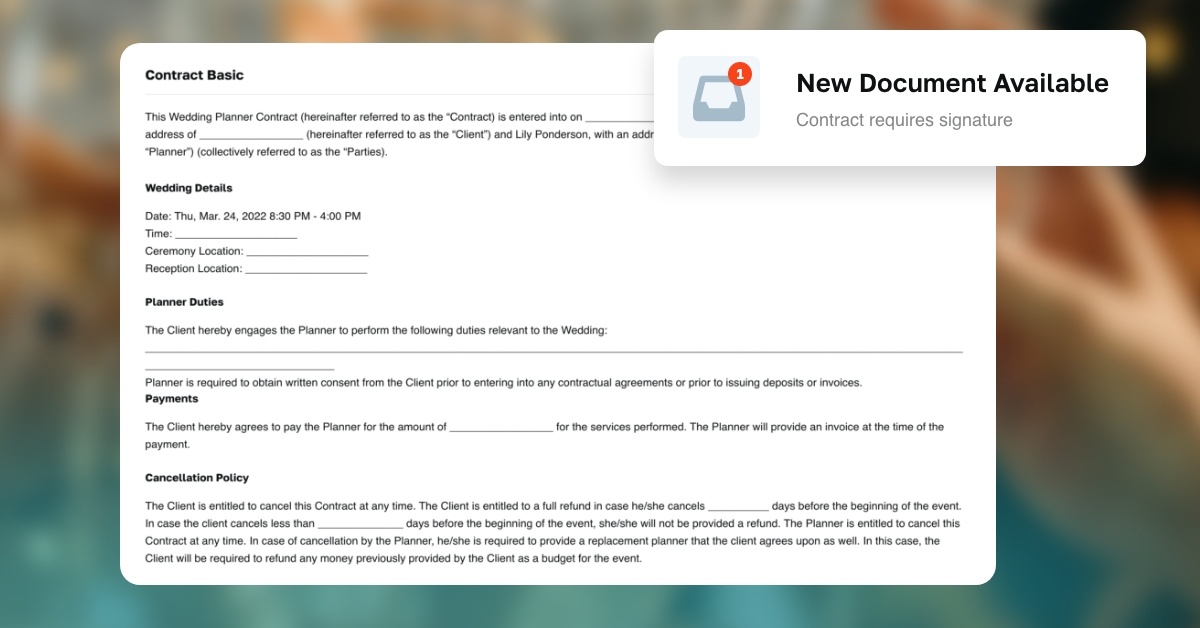
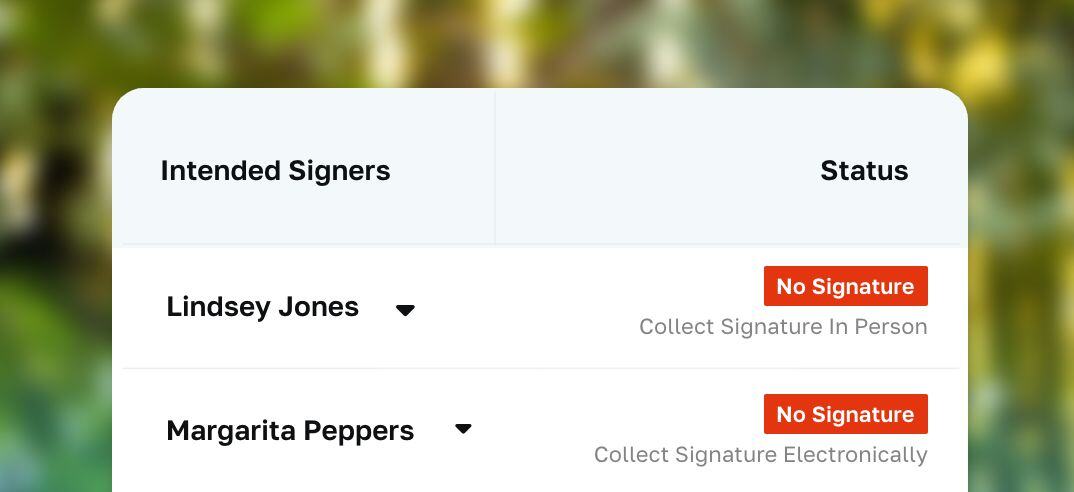
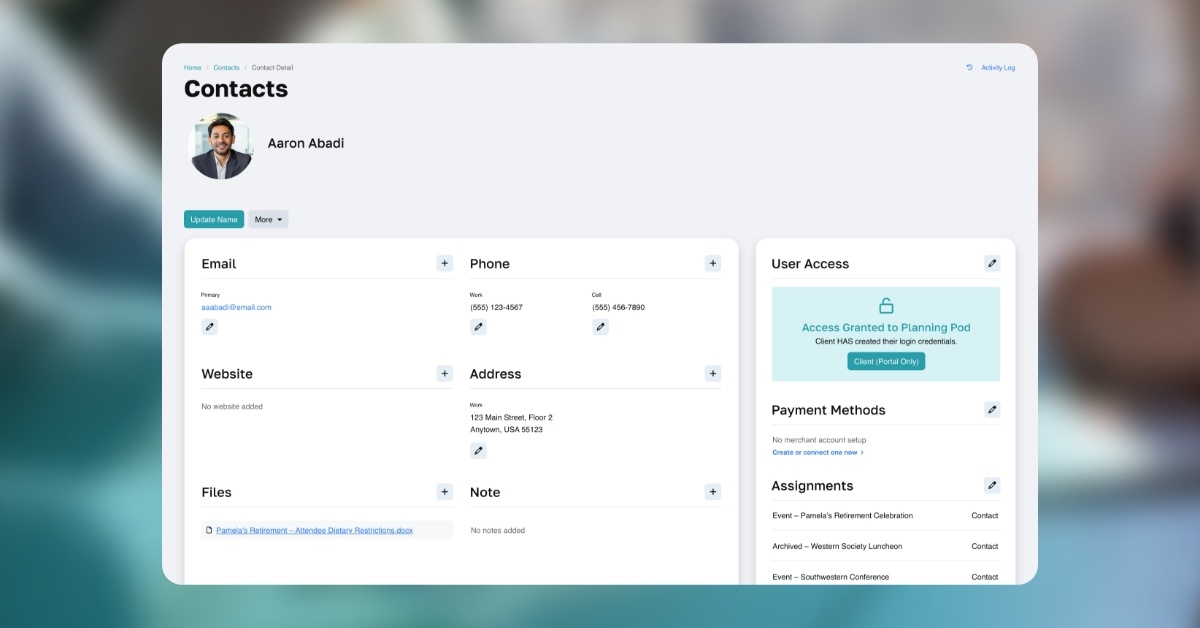
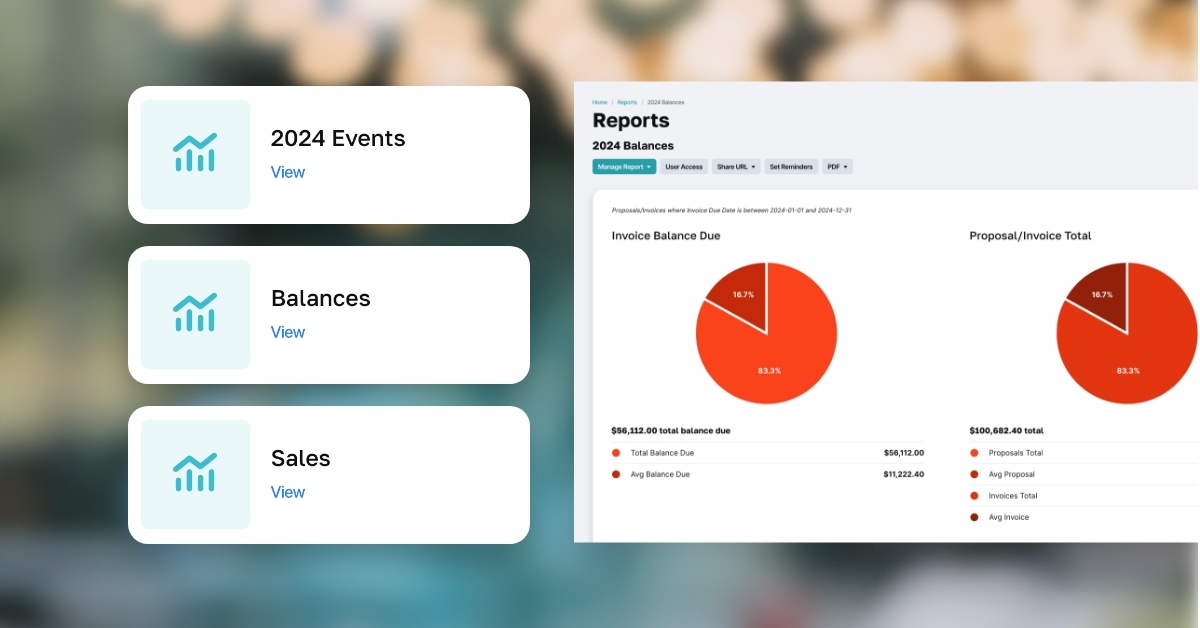



Standardize processes and access vital information instantly with tools that track leads and clients through every stage of the event lifecycle.

Stay front-and-center with your leads and clients at all times and make it easy for them to communicate and work with you.

Build custom templates that enable you to create personalized documents on-the-fly, share them electronically and collect feedback and signatures.
A customer relationship management or CRM system is a tool used by event professionals to manage lead and client relationships. It is built to track sales and customer details and processes in order to provide the best customer experience and to deliver event services reliably.
A customer relationship management or CRM solution enables both large and small businesses to attract new prospects, land more customers and optimize how they manage those customers to strengthen their bond with customers and ultimately expand their business.
CRM tools help businesses manage marketing, sales and customer support/operations functions. The goal of these tools is to create streamlined processes and organize customer data to better serve customers and escort them seamlessly through the buying and customer experience.
Such cloud-based tools can include functionality for managing:
The best event management CRM is one that enables event and hospitality organizations to adequately attract, land and onboard larger numbers of qualified prospects with marketing, sales and customer support tools that fit the organization’s specific needs.
Popular CRM tool providers include Hubspot, Salesforce and Zoho CRM; however, industry-specific platforms like Planning Pod are often more suitable for venues and event planners because they offer specialized functionality for professionals who sell and manage events.
Many event management software platforms like Planning Pod include customer relationship management tools within the platform. This enables businesses to easily manage marketing, sales and customer relationships within the same solution that they manage budgets and timelines; event registration and ticketing; and event attendees, vendors and exhibitors.
Most event organizers, venues and event spaces require marketing and sales tools and staff in order to attract customers and sell their services. A CRM that integrates with an event management platform allows them to manage these functions and easily transition new customers into the event production and management process.
© 2025 Copyright Planning Pod. All Rights Reserved.